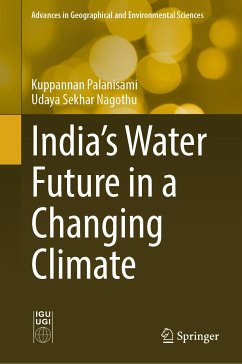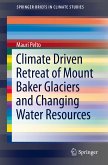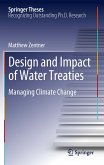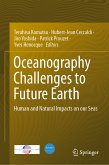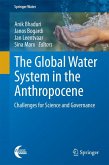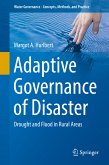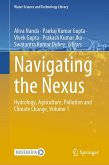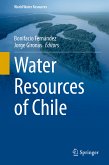¿This book comprehensively addresses the most challenging water issues in India in a changing climate for the first time and suggests potential solutions. It has been observed that over the past two decades, water usage has significantly increased in India due to population growth, economic development and an increase in multiple uses of water, including irrigation, hydropower, industries, domestic consumption, fisheries, eco-system needs and the environment. India's water future is mainly influenced by rising food demand to feed the increasing population, emerging climate change impacts on agriculture and the water sector, the increasing cost of interventions, poor cost recovery, the low level of technology adoption and weak water policy.
Artificial recharge of the groundwater aquifers, improved water use efficiency and the groundwater-energy-agriculture nexus are important for the future of India's water planning and are well addressed in this book. Also covered are climate-smart practices, wastewater reuse methods, and digital water and agriculture tools. The book further analyses improved irrigation modernization plans and explores the potential for micro-irrigation expansion including canal and tank irrigation systems in the country.
Overall, this book is one of the first of its kind to present India's future water and irrigation issues with field-based solutions,providing lessons learnt from successful national and international case studies. The volume is a useful resource for a wide range of readers including policy makers, planners, donors, implementing agencies and researchers in the water sector.
Dieser Download kann aus rechtlichen Gründen nur mit Rechnungsadresse in A, B, BG, CY, CZ, D, DK, EW, E, FIN, F, GR, HR, H, IRL, I, LT, L, LR, M, NL, PL, P, R, S, SLO, SK ausgeliefert werden.

